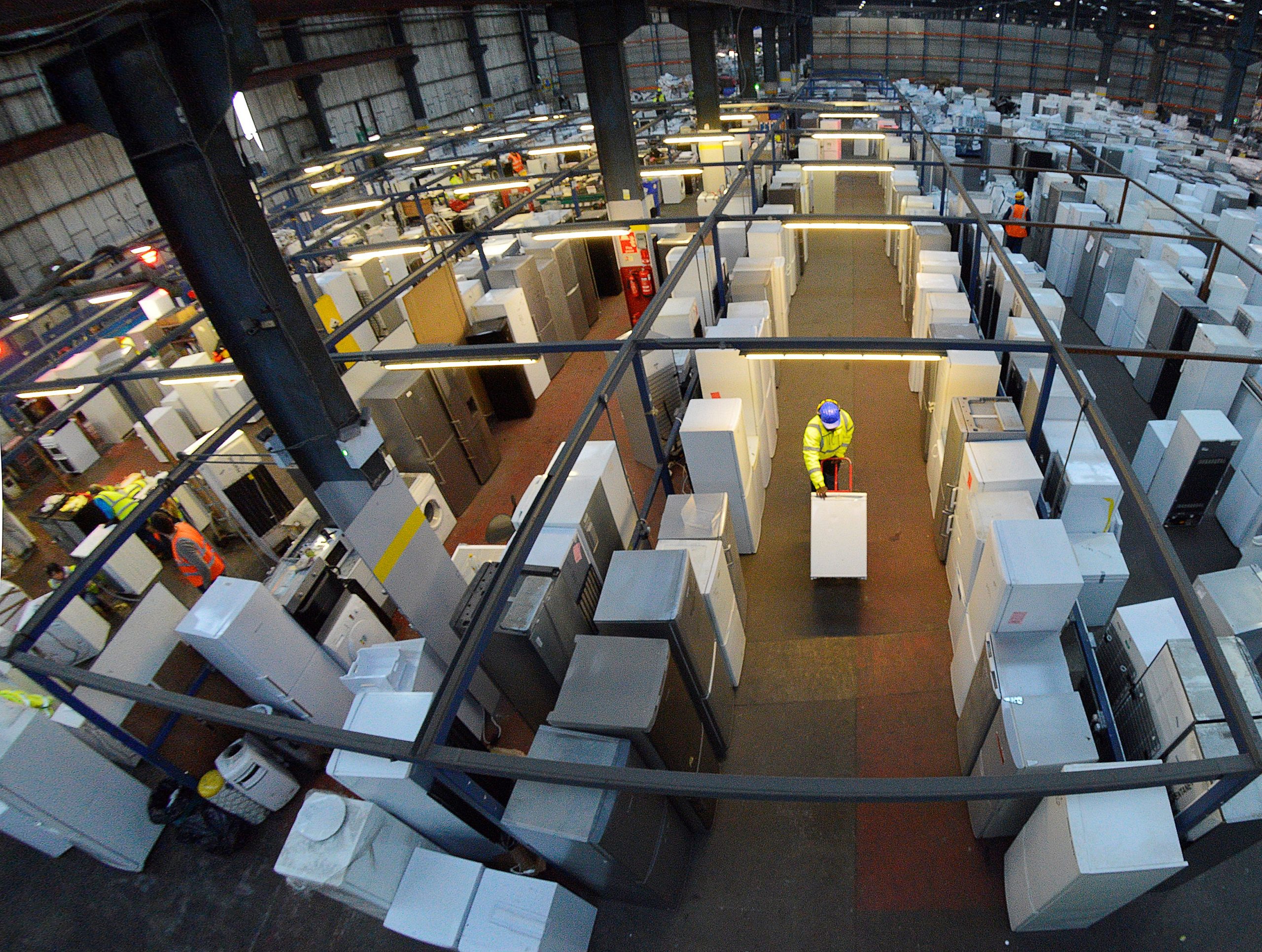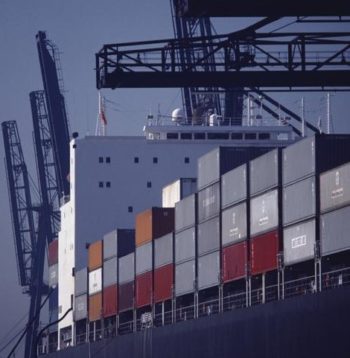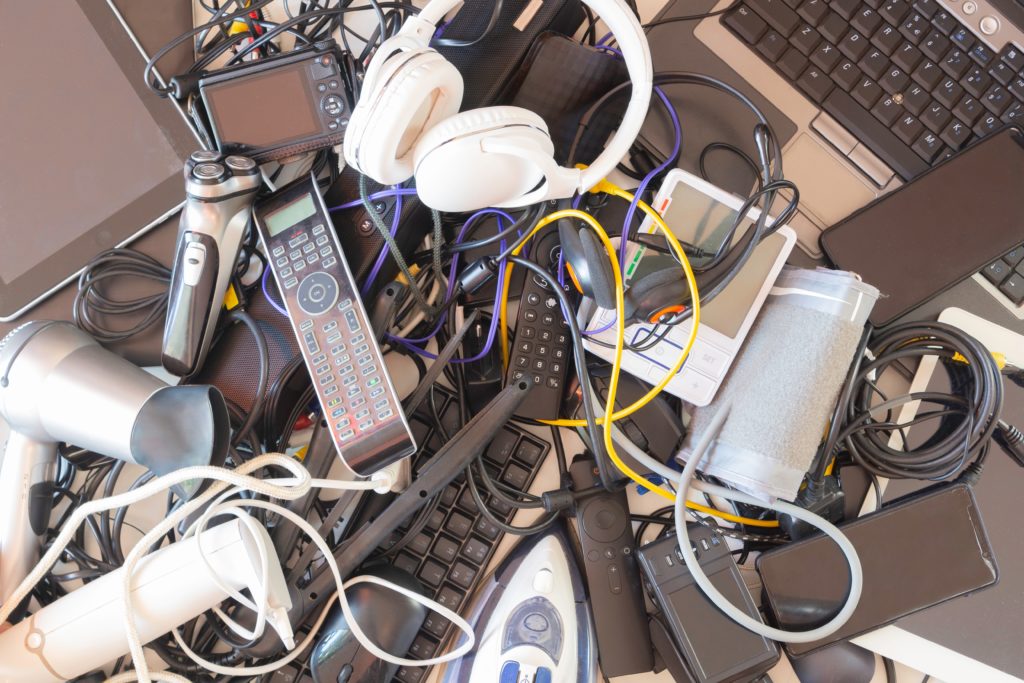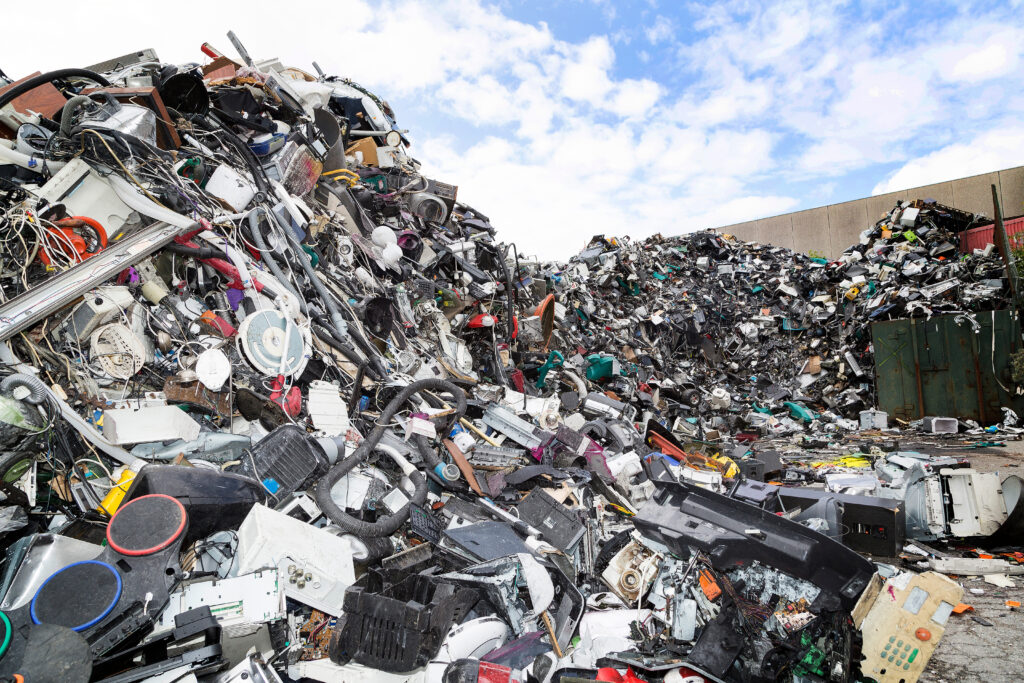Grantham-based waste electrical and electronic equipment (WEEE) recycler Environcom receives appliances from many electrical retailers in the UK and carries out testing and refurbishment.

Prior to Brexit, the company exported nearly 60% of its refurbished electrical appliances across the European market, including to countries such as France, Holland, Spain and Poland. Now, the company’s CEO Cris Stephenson says different interpretations of new export rules by different European nations and the resulting confusion has made trade increasingly difficult.
He told letsrecycle.com: “We prepared ourselves and our customers for Brexit as much as we could given the lack of information and guidance, especially to such a niche market.
“The situation appears to be getting worse rather than better”
“It is fair to say that our customers lacked confidence in the early days of January 2021 so we were expecting a temporary dip in sales. We engaged with several advisory parties to ‘hold our customers’ hands’ throughout the entire purchase journey on the first few sales so we could all return to enjoying successful trading relationships, re-building confidence and return to normal.
“However, the situation appears to be getting worse rather than better. The first couple of sales went through fairly smoothly. However, as the European authorities are normalising to the new trading relationship, different interpretations are being applied creating more confusion and damaging confidence further.”
Europe
Mr Stephenson says different countries across Europe have implemented different post-Brexit procedures. “Trade with Holland and France appears to be continuing on the same terms as pre-Brexit, other than the increased paperwork we were all advised to prepare for.
“But Spain appears to have unilaterally decided to impose tariffs on our products due to a different interpretation over rules of preferential origin, effectively closing the market in Spain.
“This week Polish authorities blocked a trailer containing our refurbished products from entering Poland and require it to be returned to the UK due to confusion over the validity of existing manufacturer CE marks on the products.”
Importing goods
When contacted by letsrecycle.com, the Department for Environment, Food and Rural Affairs (Defra) said the rules and procedures involved in importing goods into another country would depend on their destination. Businesses should check with the relevant EU member state for further information, Defra said. It added that the customs authority within each member state would have established guidance online about how to import goods from outside the EU.
Businesses can also refer to HMRC’s step-by-step guides for importing and exporting goods between Great Britain and the EU here.
WEEE regulations
WEEE can only be exported from the UK when the exporter is sure it will be recovered or recycled safely in the country of destination.

Environcom has only ever exported its refurbished products to the EU because, it says, all the products it exports that will eventually need recycling will be done so under the WEEE regulations. Mr Stephenson worries issues relating to trade will encourage companies to export to countries that do not have the same “strict and environmentally sound processes” as those nations in the EU.
“None of this makes any logical sense,” Mr Stephenson said. “Imposing additional barriers and tariffs on reuse appliances only serves to damage the circular economy agenda which Europe and the UK have all signed up to.”
Defra told letsrecycle.com it had no worries that companies could switch to exporting to countries that do not have the same recycling procedures as those nations in the EU. If businesses wished to export WEEE outside the European Economic Area, Defra said, they had to provide evidence that the site of destination took measures to ensure its waste operations would not endanger human health or harm the environment.
The government department added it had an ‘active intelligence-led’ inspection and monitoring programme to ensure illegal exports of waste were identified and prevented.











Subscribe for free